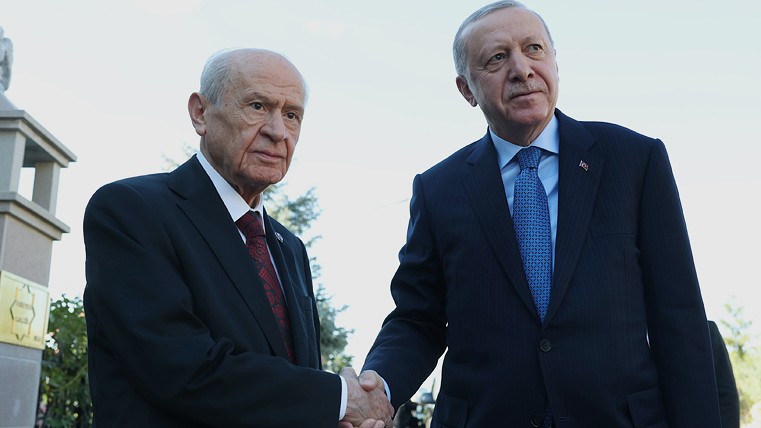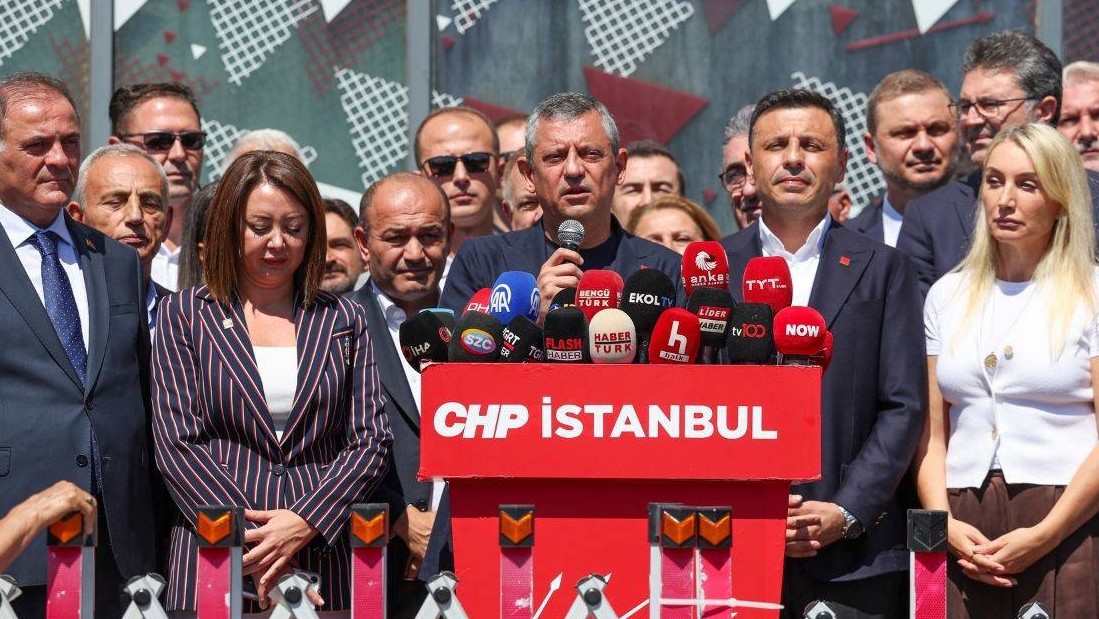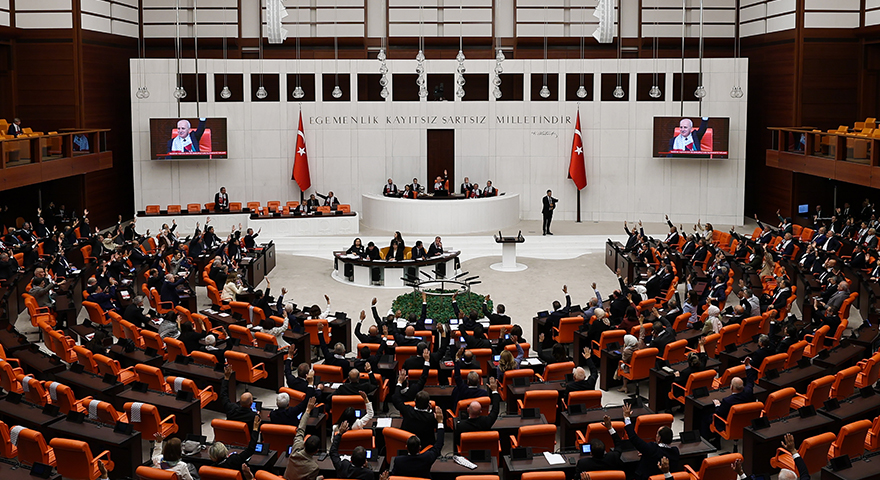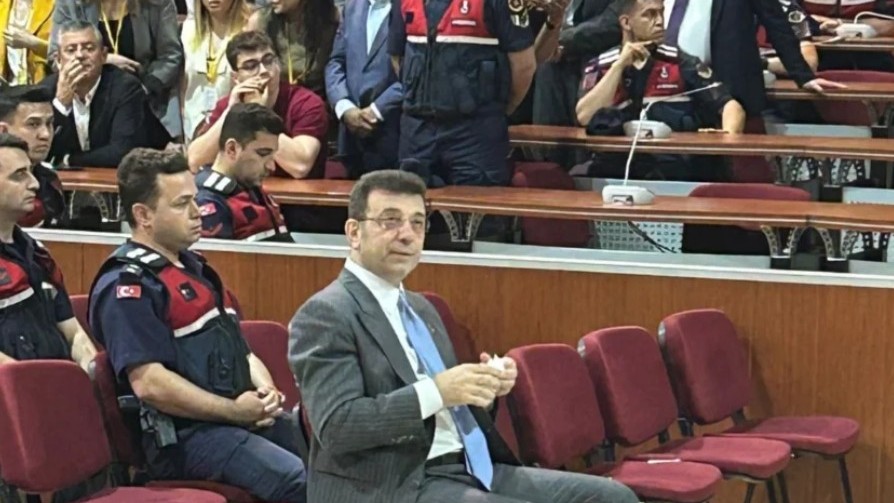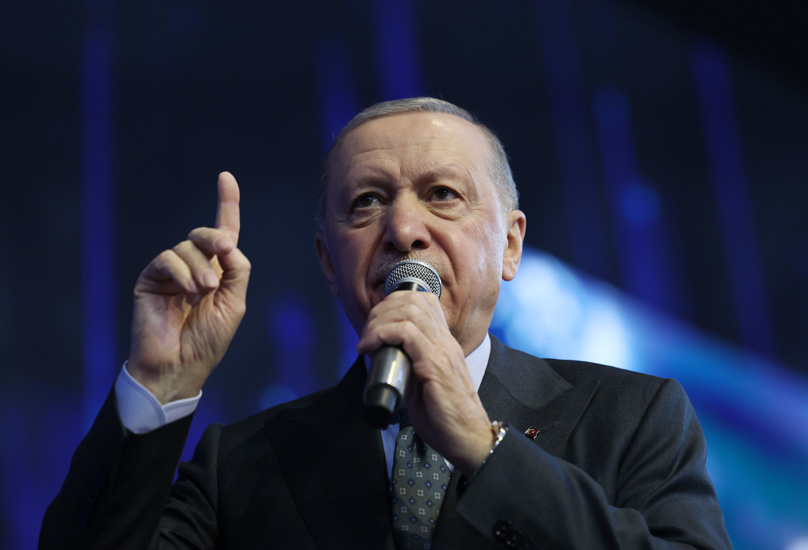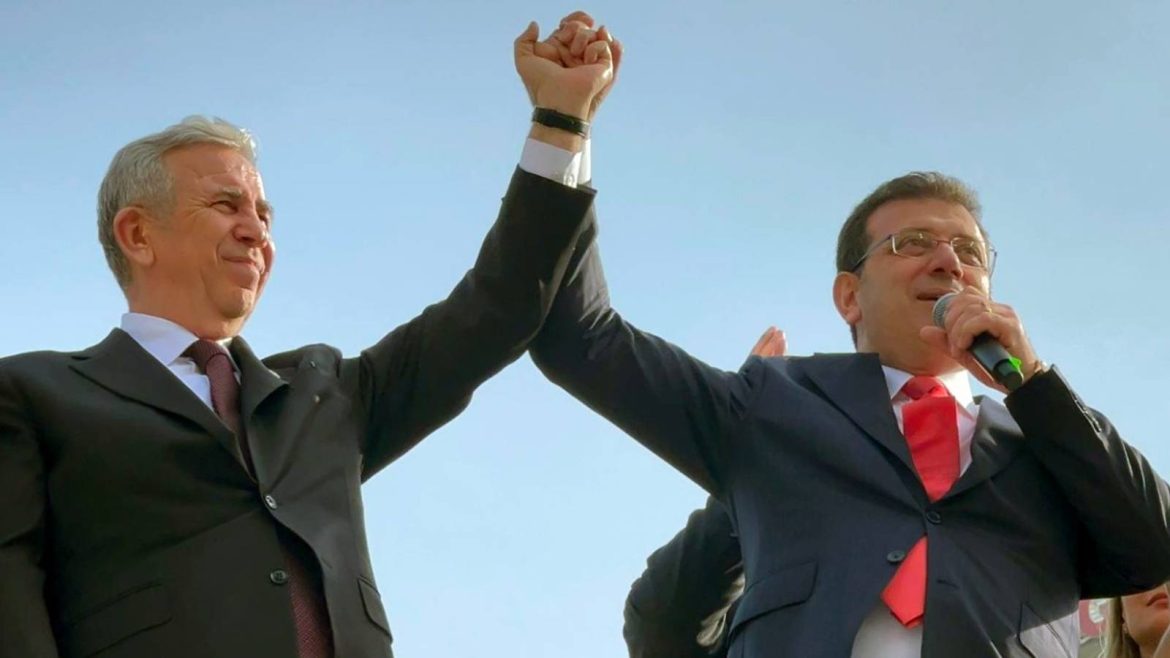Among the political destruction scenarios discussed in Ankara, the most dangerous one for the future of Türkiye’s political life is as follows: • The precedent of dismissing the İstanbul Provincial Chairmanship is applied to the case for canceling the 2023 Congress of the main opposition CHP when delegates choose Özgür Özel to replace Kemal Kılıçdaroğlu
The removal of CHP İstanbul Provincial Chairman Özgür Çelik and his administration from office by court order and the appointment of Gürsel Tekin, a former CHP Secretary General, as trustee not only disrupted the CHP but also stirred up politics and the relationship between politics and the judiciary. CHP leader Özgür Özel declared that they
The only issue uniting the political parties in the Turkish Grand National Assembly (TBMM), which are divided on almost every matter, was once again evident during the August 29 session: the escalating Israeli aggression against Palestine and the Palestinian people. Despite being on recess, the parliament convened extraordinarily to strongly condemn Israel’s “annihilation and annexation”
In Turkish politics, the threat of imprisonment has reached CHP leader Özgür Özel. Presidential decrees have been sent to the Turkish Grand National Assembly (TBMM) to lift the parliamentary immunity of Özel and CHP İzmir MP Tuncay Özkan for trial. The reason is their accusation of the Court of Appeals members of staging a “coup
Following a cabinet meeting on February 24, President Tayyip Erdoğan made provocative statements likely to irritate European Union officials already caught between US President Donald Trump and Russian President Vladimir Putin. According to Erdoğan, “liberal democracy, the most captivating ideology of the last century, has entered a serious crisis and impasse.” He claims the resulting
Donald Trump’s warm and friendly phone call with Vladimir Putin and his subsequent approach to determining Ukraine’s fate resembles a real estate mogul deciding which bankrupt casino to offload next. One can almost hear him thinking, “Why pay for something when you can just give it away?” Trump and his loyal Secretary of Defense, Pete
President Recep Tayyip Erdoğan is seeking to run for office once again by securing a parliamentary majority and exploiting a constitutional ambiguity. The opposition Republican People’s Party (CHP) has two formidable potential candidates to challenge him: Mansur Yavaş, the Metropolitan Mayor of Ankara, and Ekrem İmamoğlu, the Metropolitan Mayor of Istanbul. While Erdoğan has thus
The three-hour meeting between interim Syrian President Ahmed Shara and Turkish President Recep Tayyip Erdoğan at the Presidential Complex in Ankara marked a historic moment in regional politics. Shara, arriving in a Turkish presidential aircraft from Damascus, was welcomed with full state honors, and the leaders discussed a wide range of issues from security cooperation
On the evening of January 16, the Kurdistan Democratic Party’s (KDP) Foreign Relations office made a brief but significant post on their X account. The English message was succinct: “United we stand, divided we fall. President Masoud Barzani met with SDF Commander Mazlum Abdi in Erbil.” The announcement came immediately after the meeting. The post
The mayor of Istanbul’s Beşiktaş district, Rıza Akpolat from the opposition Republican People’s Party (CHP), has been arrested and suspended from his duties, marking a significant escalation in Türkiye’s political tensions. The Ministry of Interior announced Akpolat’s suspension from his position as a “temporary measure” following his arrest on charges of “membership in a criminal
